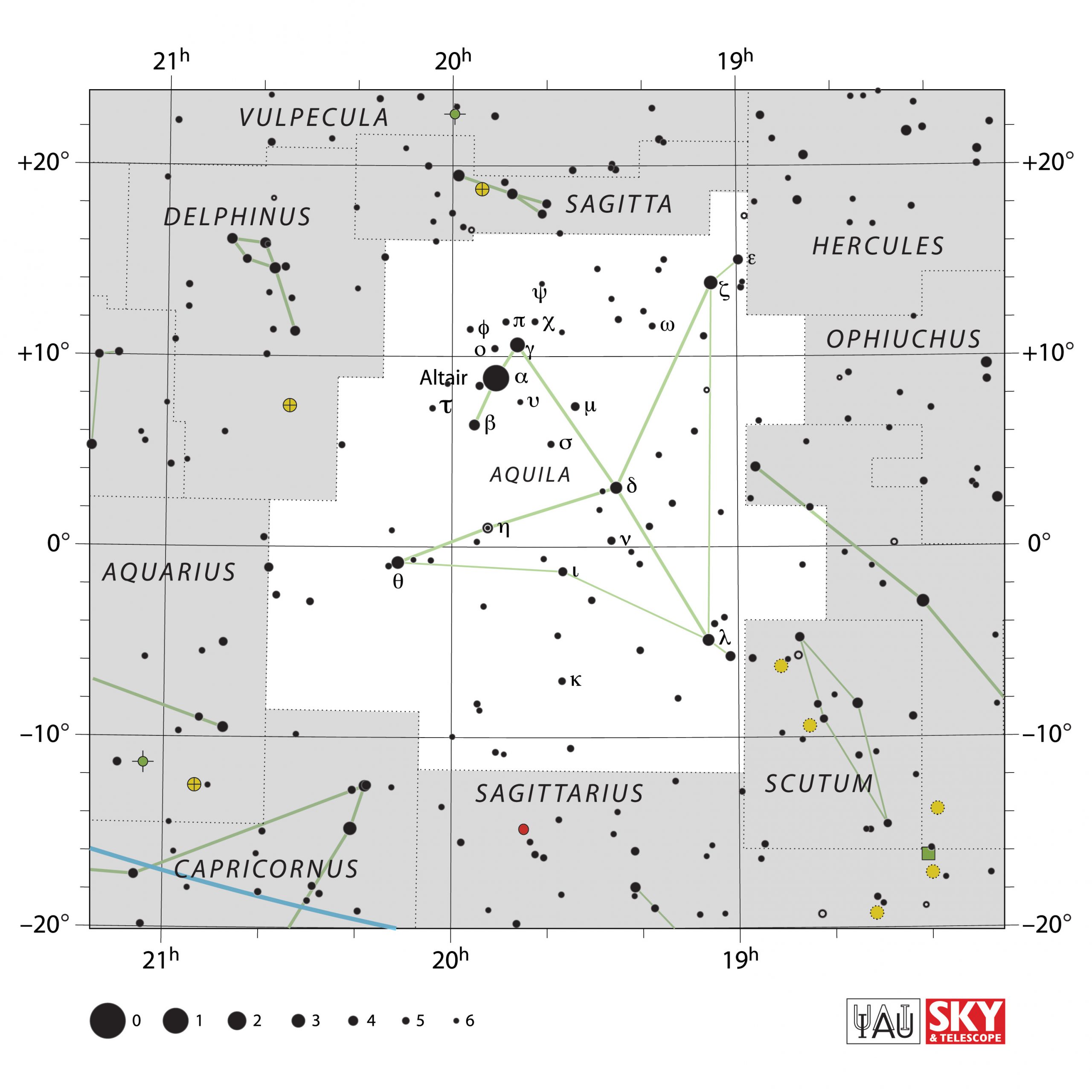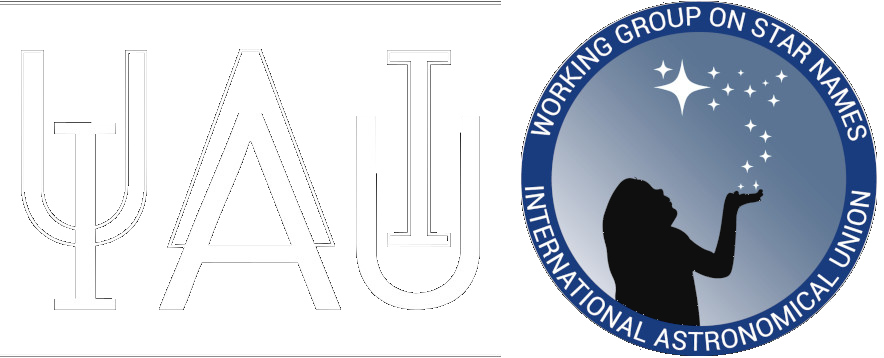Profile / Characteristics
| English translation | Latin declination and pronunciations | Size/ °² | # stars (visible) |
| the Eagle | Aquila – ACK-will-uh, uh-QUILL-uh Aquilae – ACK-will-ee, uh-QUILL-ee | 652 | 128 |
Main Star (brightest one):
| Designation | HIP number | name in IAU-CSN | brightness |
| α Aql | HIP 97649 | Altair | 0.76 mag (V) |
Our (modern) Explanation
Aquila was a Babylonian constellation, connected to an old Babylonian myth of a king who watches the world from above riding an eagle. As it is depicted next to the Babylonian constellation of The Corpse, it can also be considered as the bird who carries (souls of) the deceased to the starry heaven.
Ancient Globes
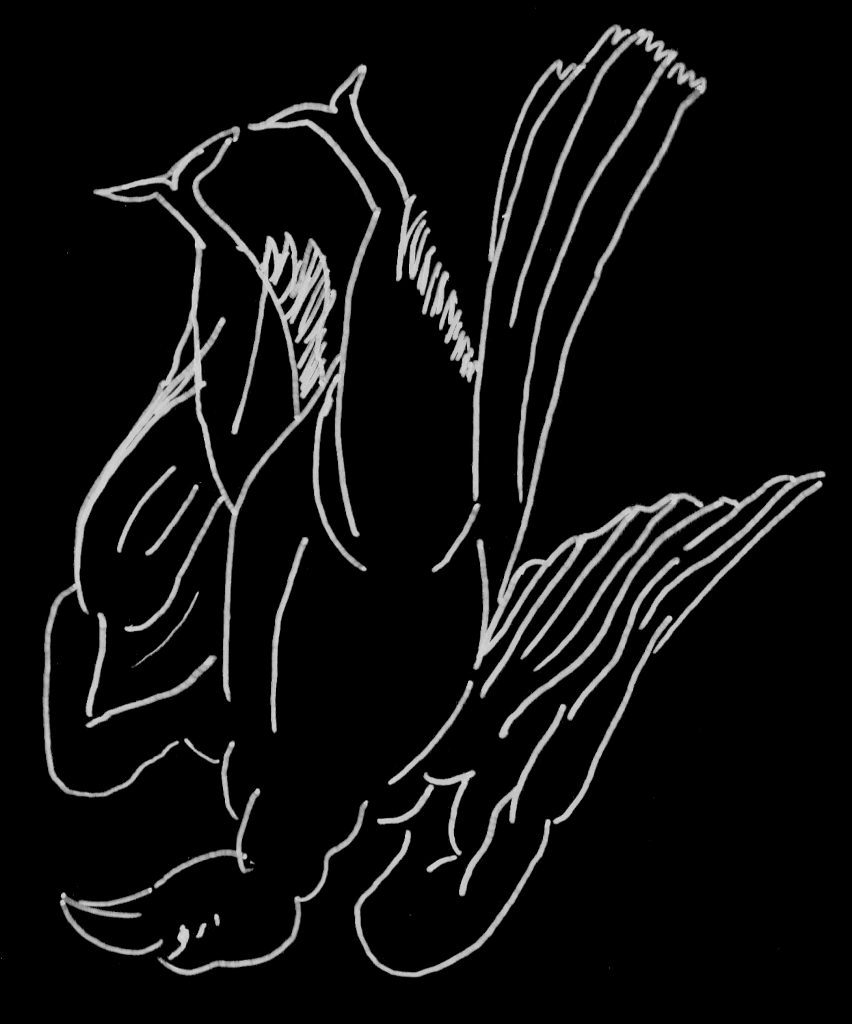
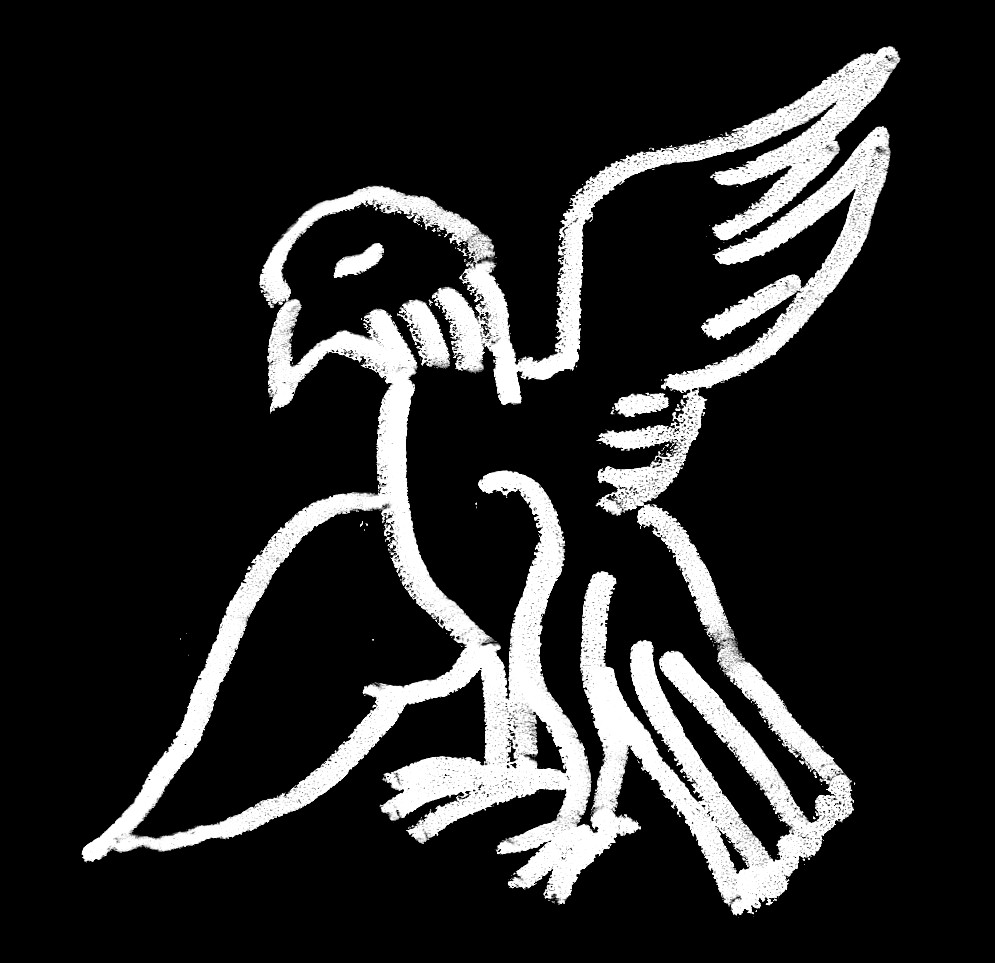
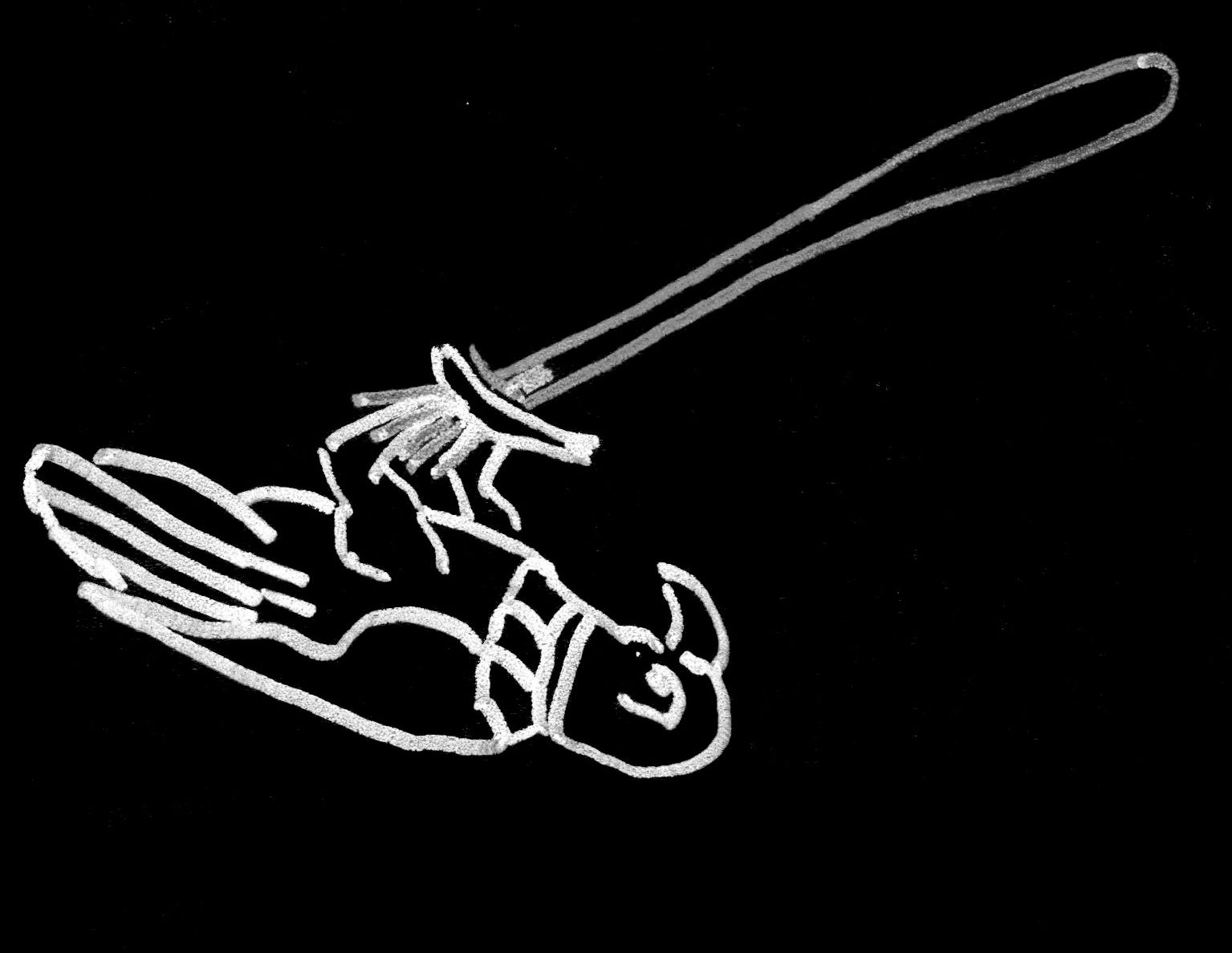
Farnese Globe
Kugel Globe
Mainz Globe
feet northwards
feet southwards
feet northwards
Ancient Lore & Meaning
Aratus
[312] By it is the Bird [Cygnus] outspread nearer the North, but hard at hand another bird tosses in storm, of smaller size but cruel in its rising from the sea when the night is waning, and men call it the Eagle (Storm-bird) [Aquila]. [521] But it has no share in the Eagle, but near it flies the mighty messenger of Zeus. Facing the Eagle wheel the head and neck of the Horse. [590] At the coming of the Lion [Leo] those constellations wholly set, which were setting when the Crab rose, and with them sets the Eagle. [690] She [Argo] sinks wholly at the rising of Aegoceros, when Procyon sets too, and there rise the Bird and the Eagle and the gems of the winged Arrow and the sacred Altar, that is established in the South.
Reference:
English translation by Douglas Kidd (1997).
Aratus: Phaenomena, Cambridge Classical Texts and Commentaries, Series Number 34
Pseudo-Eratosthenes
References:
French translation by:
Jordi Pàmias i Massana and Arnaud Zucker (2013). Ératosthènes de Cyrène – Catastérismes, Les Belles Lettres, Paris
English version in:
Robin Hard (2015): Eratosthenes and Hyginus Constellation Myths with Aratus’s Phaenomena, Oxford World’s Classics
Modern and Mediaeval Depiction
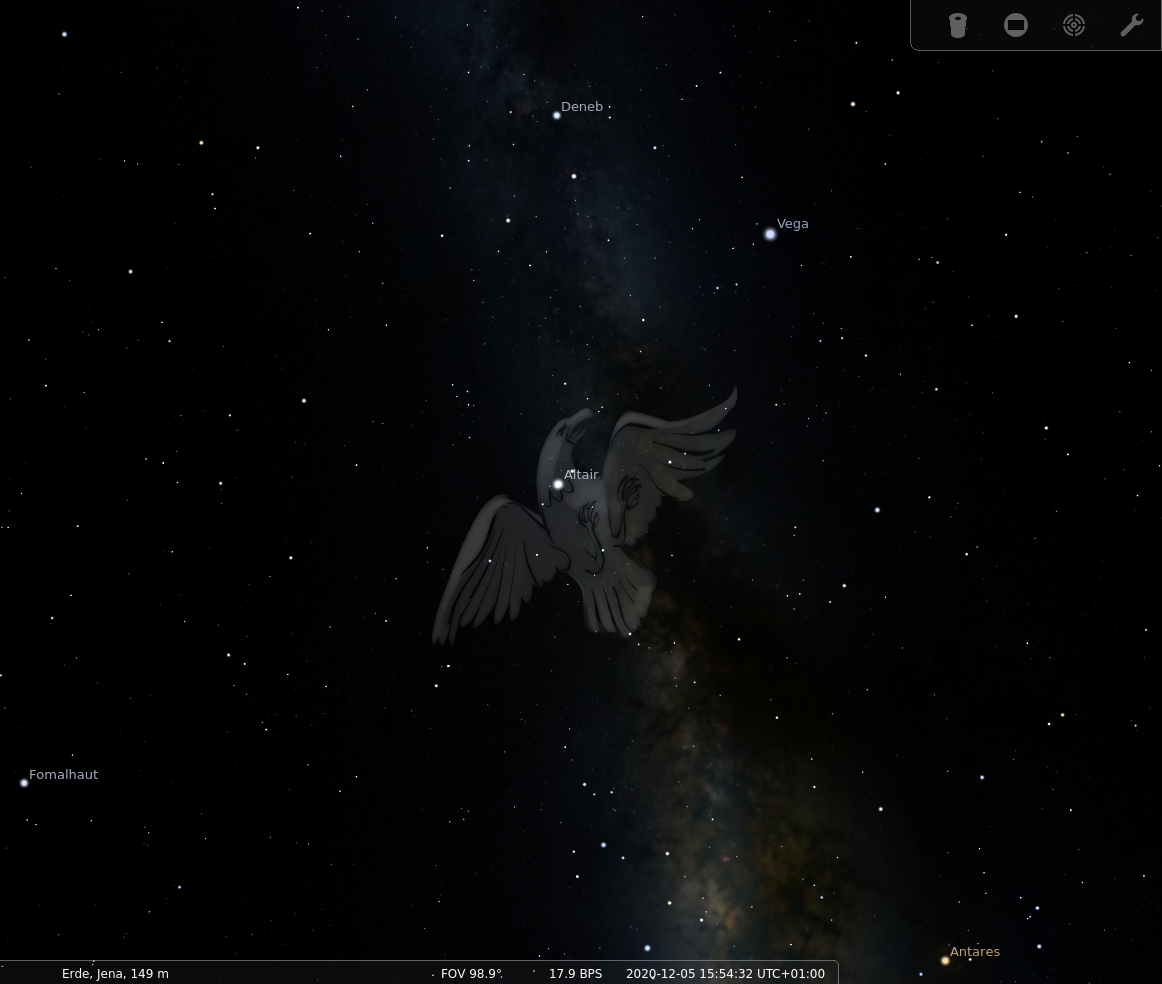
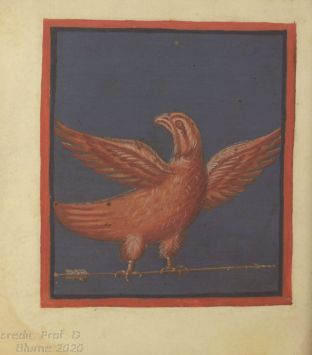
Depiction in Stellarium (by Fabien Chéreau, since 2000 CE)
depiction in the Leiden Aratea (9th century CE)
Early Modern Interpretation
Contemporary
As one of their first tasks in the 1920s, the newly founded International Astronomical Union (IAU) established constellation standards. The Belgian astronomer Eugène Delporte was assigned to the task to define borders of constellations parallel to lines of declination and right ascension. They were accepted by the General Assembly in 1928. The standardized names and abbreviations had already been accepted in 1922 and 1925.
